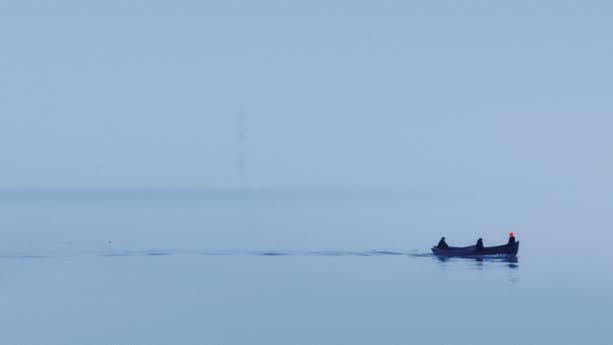Mantas Kvedaravičius

Mantas Kvedaravičius (born 1976) holds a master’s degree in cultural anthropology from the University of Oxford and is currently completing his PhD dissertation and a manuscript on the effects of pain at the University of Cambridge. Kvedaravičius has taught university courses on religion, law, and political theory in New York, and since 2006 he has been conducting research on torture and disappearances in the North Caucasus. He is also a marine archaeologist. Barzakh / (2011) is his debut film, shown at the 2011 Berlinale, in the Panorama section. Barzakh was co-produced with the Finnish production company Sputnik Oy, managing producer Aki Kaurismäki. The film poetically and critically bears witness to the continuous political torture and violence in the former Soviet Republic of Chechnya. It has been presented at more than 40 international film festivals and won more than 15 international documentary film awards, including the Amnesty International and the Ecumenical Jury Award at the 2011 Berlinale. Barzakh has been widely discussed in the international media and praised for giving a voice to the many disappeared and their families. In the spring of 2015, Kvedaravičius went to Odessa to work on his first full-length feature film Stasis and decided to shoot a few scenes in a Greek village in eastern Ukraine, near Mariupol. On arriving in Mariupol, the director realized, in his own words, that it was the most cinematic city, where one couldn’t help but make films. And so, his second documentary film appeared – Mariupolis (2016), a portrait of eastern Ukraine. Everyday life develops a poetry of its own, which occasionally can seem absurd.